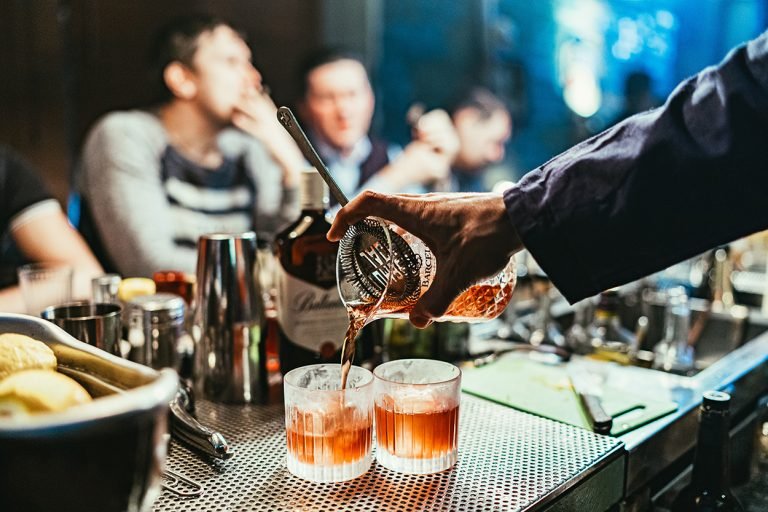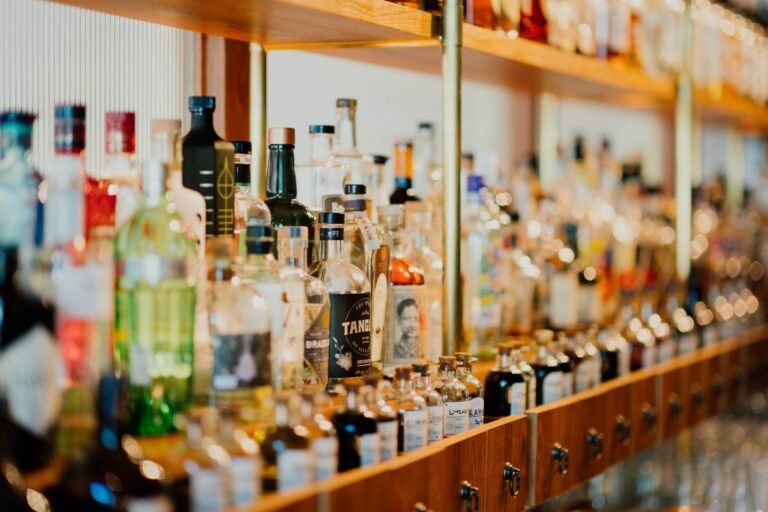Halal, an Arabic term signifying “permissible” or “lawful,” is a fundamental concept in Islamic law. For Muslims, halal encompasses all actions that are acceptable under Islamic principles. In Indonesia, a country with a substantial Muslim population, halal certification plays a crucial role in ensuring that products and services adhere to these Islamic guidelines.
Products Require Halal Certification
Indonesia Government Regulation Number 39 of 2021 stipulates that all products entering, circulating, or being traded within Indonesia must possess Halal certification, unless they are derived from materials explicitly prohibited in Islam. The products mandatorily requiring Halal certification include wide range of consumer goods and services such as:
1. Food and beverage products, encompassing raw materials and additives.
2. Medical and traditional medicines.
3. Cosmetics and skincare products.
4. Chemical products such as detergents, bleaches, and activated carbon.
5. Biological products primarily used for health purposes, including hormones, gene therapy products, vaccines, and various types of bread yeast.
6. Goods for general use (this can refer to a broad category of everyday items).
7. Services involving processing, packaging, storage, serving, selling, etc.
Strict Standards for Halal Certification
The Indonesian halal certification process is renowned for its rigor and comprehensiveness. It extends beyond food and beverages to encompass cosmetics, pharmaceuticals, and other consumer goods. This stringent certification process is overseen by the National Body of Halal Assurance, which collaborates closely with a leading Islamic authority, Indonesian Ulema Council (MUI).
In issuing Halal certificates, MUI employs a meticulous and multi-layered approach. It operates through two key internal bodies: the Food, Drug, and Cosmetics Assessment Agency and the MUI Fatwa Committee. These entities are responsible for conducting halal assessments, audits, and issuing halal declarations.
To secure halal certification in Indonesia, companies must undergo a rigorous process that includes submitting comprehensive documentation, passing multiple inspections, and providing irrefutable evidence of their products’ adherence to Islamic halal standards. The MUI’s expert team conducts meticulous assessments to verify compliance with halal guidelines. These assessments encompass a wide range of factors, including the ingredients used, production methods, and the entire handling process.
Halal Certification Fees in Indonesia
The fee for regular halal certification varies depending on the business scale as indicated in your Business Identification Number (Nomor Induk Berusaha/NIB). According to the Regulation of Head of the Halal Product Assurance Organizing Body No. 141 of 2021, the regular halal certification fee for small and medium businesses is IDR 650,000 for 1 product.
This fee consists of a registration fee, IDR 300,000, and a product inspection fee by the Halal Inspection Body, IDR 350,000. For medium-scale businesses, the cost is around IDR 5 million, and for large-scale businesses and foreign products, the cost is IDR 12.5 million.
Registering for halal certification in Indonesia is a straightforward process for businesses. We can upload the required documents in PDF format to the specified website. Here are some of the documents needed to register halal certification :
* Application form
* Business Identification Number (Nomor Induk Berusaha/NIB)
* Halal Supervisor Document
* List of product names and their ingredients
* Product processing procedure
* Halal Product Assurance System
The halal certification process will take approximately 21 days with the following steps:
1. Businesses apply for halal certification at https://ptsp.halal.go.id/ .
2. The Halal Product Assurance Organizing Body checks the completeness of the documents and assigns a halal inspection agency. This process takes 2 working days.
3. The Halal Inspection Agency examines and/or tests the halal status of the product. This process takes 15 working days.
4. The Indonesian Ulema Council (MUI) determines the halal status of the product through a Halal Fatwa session. This process takes 3 working days.
5. The Halal Product Assurance Organizing Body issues the Halal certificate.
Halal Certification Deadlines
Given the importance of halal certification for producers and consumers, the Indonesian government has mandated that all products sold in the country must be certified by a specific deadline. This phased implementation will begin in October 2024 and continue until October 2034. Here’s a breakdown of the timeline :
— October 2024: Food and beverages
— October 2026: Traditional medicines, functional foods, cosmetics, chemicals, genetically modified organisms, clothing, household appliances, stationery, and class A medical equipment
— October 2029: Over-the-counter drugs and class B medical devices
— October 2034: Class C prescription drugs and medical devices
Products already on the market but without halal certification will be subject to sanctions such as written warnings, administrative fines, and product removal.
Halal certification registration is a complex and time-consuming process, involving multiple steps and strict adherence to local regulations. Dealing with this procedure can be challenging and may divert your focus from core business activities. So why don’t you let Seven Stones Indonesia assist you in filing the application?
By outsourcing your halal certification registration to Seven Stones Indonesia, you can ensure a seamless and efficient process. Our expertise in local regulations and market dynamics allows us to provide tailored support, easing your day-to-day operations. Don’t hesitate to contact our team or fill in our inquiry box to discuss your Halal Certification for your business.

















